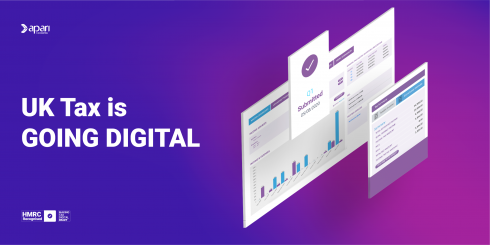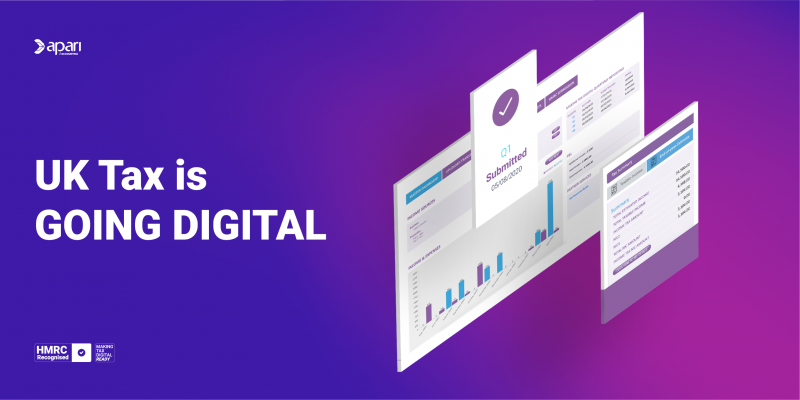EARLIER in the year, the UK Treasury published a number of reviews and proposals relating to tax policy, dubbed ‘Tax Day’, aimed at creating a more modern and open tax system in the UK.
One such review likely to concern landlords and property owners, was around the tax and allowances of Furnished Holiday Lets (FHLs). These policy changes are a reaction to the increasing number of homeowners using sites like Airbnb to make additional income on their homes.
Owners of FHLs receive a number of tax reliefs and allowances, providing that they meet the criteria set by the government. For example, properties that qualify as a FHL are subject to business rates instead of council tax. Business rates are cheaper, as they are deemed to be commercial premises, and the majority of FHLs are also viable for small business rates relief. This means that you could end up paying no rates at all.
While this is great for FHL owners, it does, unfortunately, mean that many homeowners try to claim their property as a FHL, even if they don’t meet the criteria to benefit from the relief.

Up until now, FHL owners have not been required to prove that they meet these requirements. However, with the number of homeowners claiming FHL tax benefits increasing, HMRC will be asking owners to prove that their property qualifies as a FHL.
To qualify as a FHL, your property must be:
- Based in the UK or in the European Economic Area (EEA) – including Iceland, Liechtenstein and Norway. All FHL properties in the UK will be treated as one business and all FHL properties in the EEA will be treated as another.
- Furnished – your property must include sufficient furniture for normal occupation, such as beds, sofas and white goods.
- Commercially let, i.e. you must intend to make a profit from the rental. Letting a property out of season to cover costs still counts as a commercial let, even if you did not make a profit
As well as the property conditions, there are also 3 key occupancy conditions that must all be met in order to qualify as a FHL.
- Availability ? Your property must be available as a FHL for at least 210 days in a year. You cannot count any days that you live in the property.
- Letting ? You must let out the property as a FHL for at least 105 days in the year. You cannot count any days that friends or relatives stay in the property for free or for a reduced rate.
- You also cannot count any lets of more than 31 continuous days. The exception to this would be if something unforeseen happens, such as the holidaymaker either falling ill or having an accident that delays their departure, or they have to extend their holiday due to a delayed flight.
- Pattern of occupation
There is a bit more wiggle room on the 31 day limit. If the total FHL bookings exceeding 31 continuous days is less than 155 days during the year, your property still qualifies as a FHL.
If you don’t end up letting your property for at least 105 days, you have two options (known as elections) that can help you reach the occupancy threshold:
- Averaging election – if you have more than one property and, between them, they average out to over 105 days of commercial let. You get a bit of time to make your averaging election ? one year from the 31st of January following the tax year. It sounds complicated but, essentially, you can make an averaging election for your 2017/18 tax year up until January 31, 2020.
- Period of grace election – if you intended to let out your property as a FHL but did not reach 105 days occupancy, HMRC will accept proof that there had been a pattern of FHL activity by looking at previous years, for example.
Broadly speaking, if your property is furnished, vacant and advertised as a holiday let for seven months of the year and you let it out for at least three months, it should qualify as a FHL and be eligible for certain tax reductions and allowances.
While it’s currently unclear how HMRC will be checking that eligibility requirements have been met, it is important to check whether your property qualifies as a FHL and to collect any and all evidence to prove that this is the case. It seems likely that, with the introduction of MTD, you will be required to upload evidence to a digital platform in the near future.
What are the tax benefits of FHLs?
As well as paying business tax rates rather than council tax, FHL owners benefit from being able to:
- Claim capital allowances on your property, meaning you can furnish it and deduct the cost from your pre-tax profits.
- Classify income generated from a FHL property as -relevant earnings- for pension purposes.
- Split FHL profits equally between yourself and your spouse flexibly for tax purposes – unlike with long-term rental properties where profits are divided based on the official ownership split.
- Claim certain Capital Gains Tax reliefs when you sell the property, e.g. Business Asset Rollover Relief.
What UK FHL owners, living in spain should do now
Firstly be aware of the country that you are a resident in – the UK and Spain have a double taxation agreement, meaning that you shouldn’t pay both UK and Spanish tax on UK property income – however if you are a spanish resident, you will need to declare your global income to the spanish authorities.
Register for self assessment as a non resident Landlord with HMRC – this means that your tax will not be stopped at source by your letting agent, and you will be entitled to the £12570 tax free allowance on any uk rental income. You will also be able to claim expenses such as management fees as a tax deductible allowance
If you are thinking of buying a property or using a property as a FHL, you should make a clear distinction between your residential or commercial lettings and begin gathering evidence as you go.
As well as gathering evidence that your property qualifies as a FHL, you should keep good records relating to your FHL property and the income received. By using a platform like APARI that is tailored to the needs of landlords, you can keep up-to-date digital records of your income, expenses and relevant documents preparing you for both the coming evidence requirements as well as MTD.
For all the latest information, join the APARI Community here.
Click here to read more Business & Finance News from The Olive Press.








